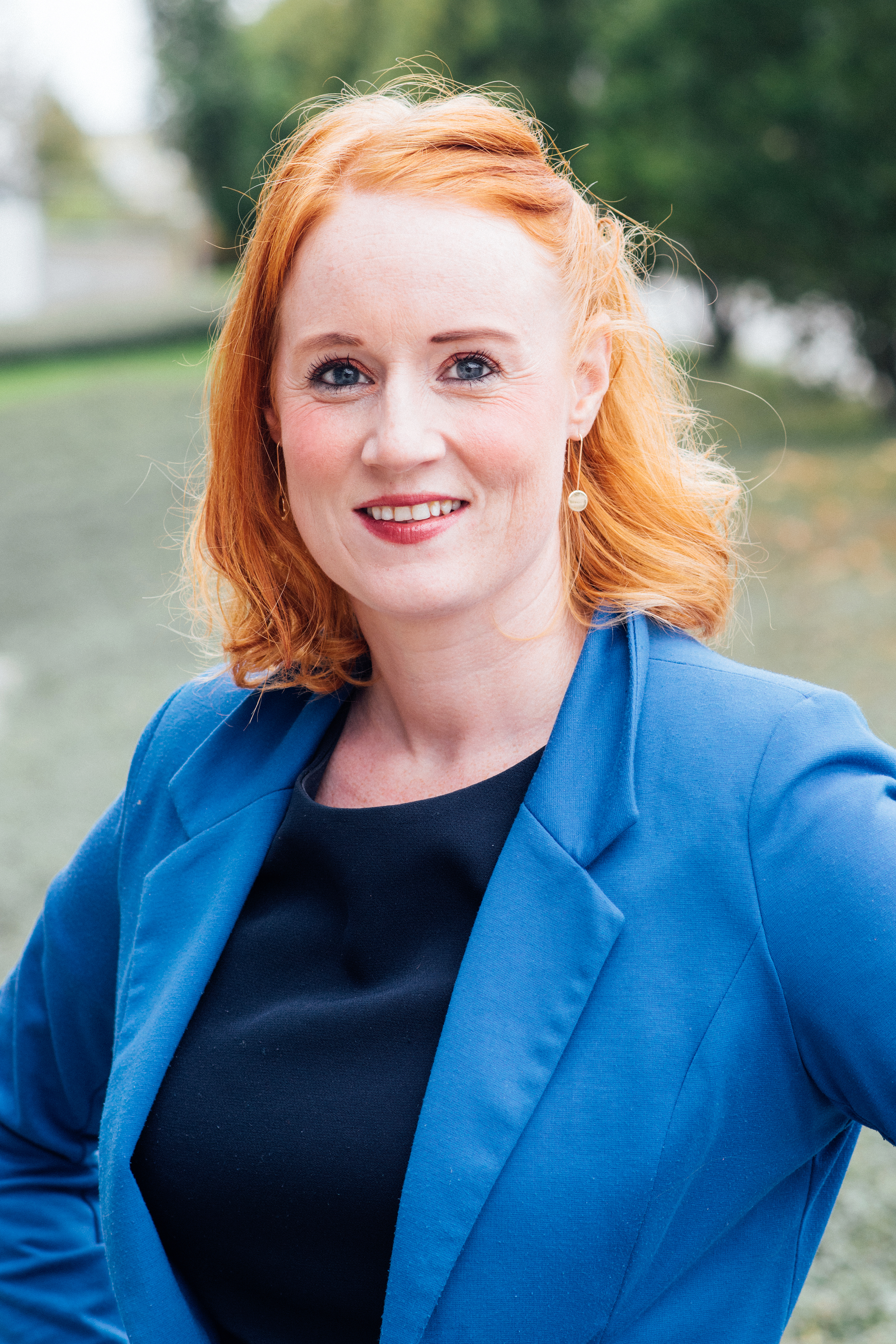The University of Stavanger Business School recently submitted two applications to the Research Council of Norway to become Norwegian Centres of Excellence (SFF). The Norwegian Centres of Excellence scheme is the RCN`s most prestigious call. It allows scientific areas to organize themselves in centers to achieve ambitious scientific goals through cooperation and long-term funding.

Research teams
ENACT: Center for Experimental Field Research on Leadership Enactmen
CIIP: Center for Innovation, Institutions and Policy
ENACT will be led by Professor Mari Rege in collaboration with Professor Oddny Solheim and Professor Sigrun Ertesvåg. Professor Andrés Rodríguez-Pose and Associate Professor Marte C.W. Solheim will lead the CIIP. Both of these research teams are interdisciplinary and put together by highly competent international top researchers.
ENACT: Center for Experimental Field Research on Leadership Enactment
ENACT will investigate measures to promote leadership practices that contribute to motivation and learning. In various organizational settings, such as in the family, in the classroom, and the workplace, many individuals may lack sufficient opportunities to thrive and develop. One reason for this is that leaders, i.e., those responsible for supporting the individual's well-being and development, do not succeed in their roles as parents, teachers, or leaders.
The key research question in ENACT is: What factors support and maintain effective leadership practices in the family, classroom, and the workplace?
Based on behavioral economics and psychology, ENACT will develop a new theoretical framework that addresses so-called cognitive patterns that can stand in the way of effective leadership and develop and test "Enact Measures" to address these patterns. We will test the Enact measures in extensive randomized controlled field experiments combined with standards that provide effective practical leadership training.
ENACT collaborates with researchers at the University of Stavanger Business School, the Center for Learning Environment and the Norwegian Reading Center, and researchers from the University of Chicago, Stanford University, the University of Texas at Austin, and the University of Lausanne. The application builds on the good experiences in Synapselab with extensive randomized field experiments in close collaboration with organizations.
– It has been inspiring to work on the application in close collaboration with Oddny Solheim and Sigrun Ertesvåg. We have received extensive input and overwhelming support from colleagues at UiS and our international partners, in addition to good help from the research administration at UiS. The project is crucial because it will teach us about measures to promote practice that contribute to motivation and learning, says Professor Mari Rege; we will run large randomized controlled trials to investigate what works and why it works.
CIIP: Centre for Innovation, Institutions and Policy
In CIIP, the research group will look at how technological changes and innovations change the activities, production, and organization of a business, and how this causes economic (productivity growth, employment), social and political challenges for individuals, companies, and regions in Europe and the USA.
Another purpose is to identify who are the drivers of this type of change and how these contribute to political guidelines and measures that:
- Have consequences for individual groups and societies
- Lead to inequalities between social groups
- Affect institutions' chances of following developments and the opportunities this offers
- Results in increased dissatisfaction and distrust of the political system, which contributes to increased popularity for anti-democratic parties

CIIP is a collaboration between researchers at the University of Stavanger Business School, the London School of Economics, Utrecht University, and the University of Exeter.
– It has been a long application process and a lot of work towards the deadline. The positive involvement of all researchers involved in the application has been strong. Regardless of the outcome, there has undoubtedly been a meaningful, guiding process towards developing central and important research ideas in the center. Now we cross our fingers hard! says associate professor Marte C.W. Solheim.
Fakta om Sentre for fremragende forskning (SFF)
«The Norwegian Centres of Excellence work with ambitious ideas and complex problems. Their primary objective is to conduct targeted, focused, long-term research of high international calibre, with researcher training and international collaboration as important secondary objectives. SFF centres may receive support for a total of ten years (an initial five-year period with the possibility of a five-year extension). This gives the institutions the latitude to restructure their research groups and develop new collaborative associations.»
The centers' research must be innovative and have an excellent potential for groundbreaking results that move the international research front.
The center works with ambitious ideas and complex problems where coordinated and long-term research efforts within or across disciplines are essential for achieving goals.
Read more: Norwegian Centres of Excellence
Six SFF applications from UiS
A total of six SFF applications were submitted from the University of Stavanger. The decision to advance to round two of the application process will be announced in May 2021.
Written by: Åse Lea